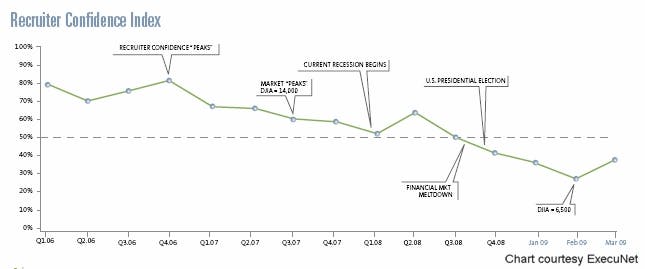Editor’s Note: Readers sometimes ask about past TLNT articles, so every Friday we republish a Classic TLNT post.
To retain key employees, you must listen closely to what their top concerns are and not make assumptions based on your own.
“Unemployment, in real-terms, is in the double digits. I don’t need to worry about retaining my employees. They’re too scared to quit.”
Does leadership in your organization believe that statement? Do you?
If so, be prepared to watch your top talent walk out the door. Research reported in CFO Magazine (in Why Your Top Talent Wants Out) showed the critical skills shortage to be near the levels prior to the recession. At the same time, it’s easy to fill “all employee” openings. Towers Watson researcher Laury Sejen explained:
There is actually a risk when you’ve got very little pressure at the all-employee level. You can take your eye off the ball and assume there will be plenty of talent available whenever you need it, and that may not prove to be the case at that time.”
The CFO article highlighted the difference between two different studies, one reporting HR professionals’ view on why high performers would leave and the other reporting the employees’ view:
HR’s view on why high performers would leave:
- Opportunities for promotion;
- Career development opportunity;
- Base pay;
- Relationship with the supervisor; and,
- Incentive pay opportunity.
Employees’ view on why they would leave:
- Work-related stress;
- Getting promoted;
- Base pay;
- Trust/confidence in management; and,
- Length of commute.
Notice the priorities rarely align. The number one reason employees would leave – stress – doesn’t even appear on the HR professional list. Promoting someone and increasing pay does not alleviate the day to day stress. Considering this research and the state of the job market for critical skill employees, two questions that must always be top of mind:
- Are you truly considering what is most concerning to your employees, not what is most concerning to you?
- Have you become complacent, thinking employees won’t leave because of the tough job market? That may very well be true for your low-average employees (those who have become “comfortable”), but are those the employees you are most concerned about retaining?
You can find more from Derek Irvine on his Recognize This! blog.
